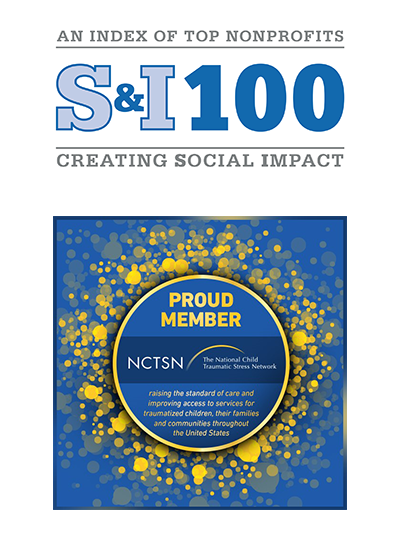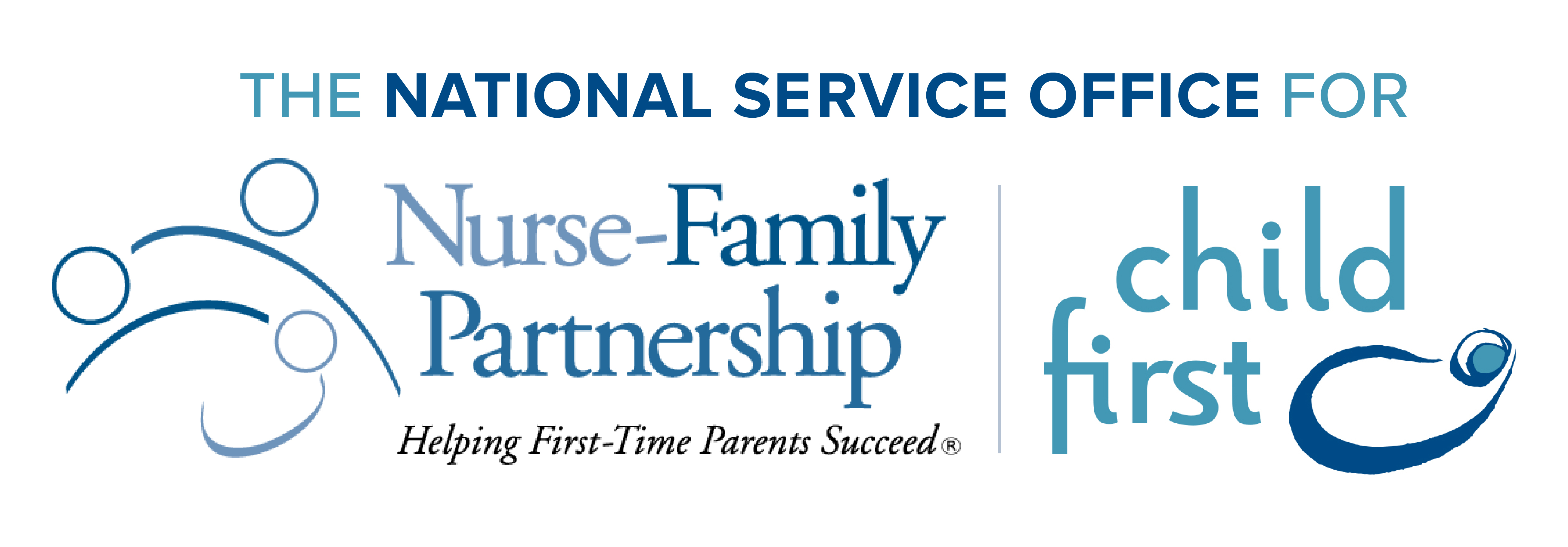Engaging Families
Building trust is the first and most critical step in our work to engage families. If we cannot engage a family, we cannot help them. Families are respected, valued, and listened to very closely. We pay close attention to personal culture and tradition. Families in Child First have frequently had very negative experiences with providers in the service system. It is our responsibility to show that we are different. We approach family engagement by asking how we can help them achieve their goals; what is important to them; how can we help make a difference? Child First recognizes that in order to help a child we must help the family. We operate under the assumption that all parents want to give their children the best possible opportunity to succeed. When parents face multiple stressors and their basic needs are not met, it is difficult for them to focus on the emotional and developmental needs of their children.
Parents’ own life experiences influence their perceptions and understanding of their child, and their ability to nurture and support their child’s development. Parents and children are best served within a “system of care” in which assessment, access to services, treatment, follow-up, and relationships with community-based services are facilitated by well-trained professional staff.
Our Premise for Engagement
-
Lasting change within the family comes from a collaborative, “family-driven” approach.
-
Planning and treatment must be based upon respect for the wishes, values, culture, and strengths of the family.
-
Change grows out of a relationship of trust between family and professionals.
-
The respect and sensitivity we show to parents helps them to have a different experience of relationships which, in turn, will be reflected in their relationships with their children.
-
Creating supportive and responsive relationships both with families and within families require reflection and self-knowledge on the part of professionals.
Every interaction with a child or family is an opportunity for a positive intervention. As long as a family has expressed interest in participating in the Child First intervention, we are persistent in our efforts to contact them by phone, letter, dropping a note at their door, or meeting in a trusted place (such as early care, pediatric primary care, or a local restaurant). It may take time to prove that we are not giving up on them. We are their partners and advocates.







